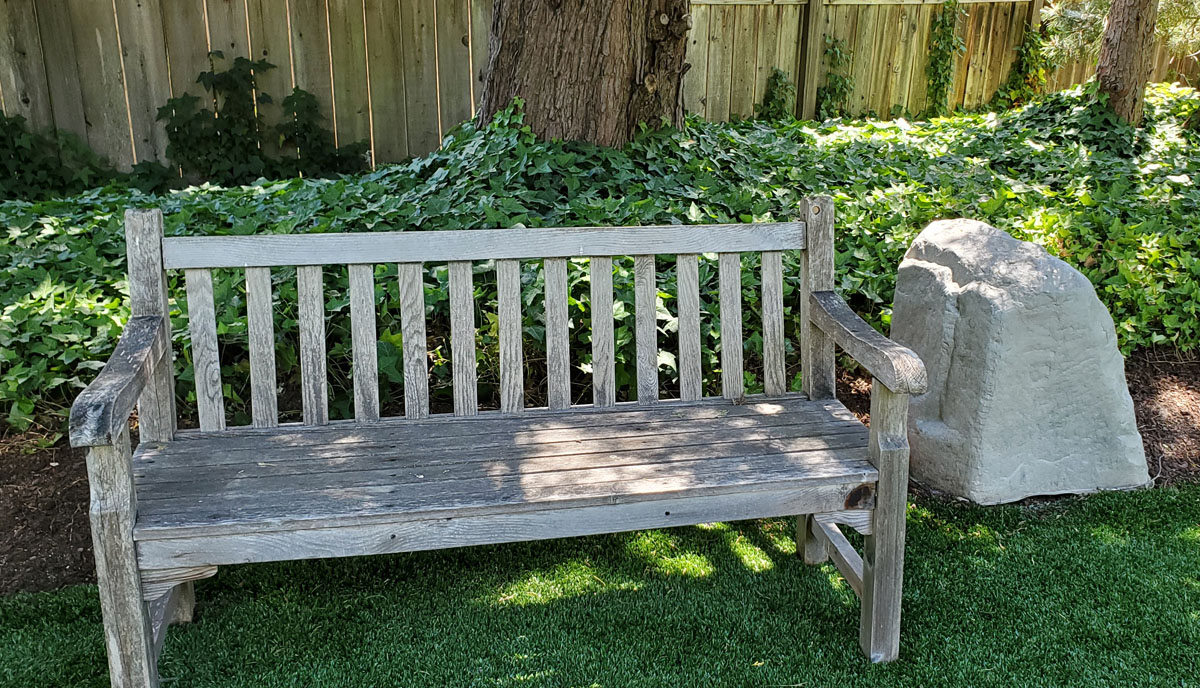There was a time in the not too distant past when retirement was not an option. People literally worked until they died. In 1935 President Franklin D. Roosevelt signed the Social Security Act. From that day forward, the US government helped Americans retire, but this help came with strings attached.
These strings were anchored around age and income. The government would help us afford retirement based on lifetime payroll tax contributions. The more one contributed to the system the more they were given during their retirement years. The social security act established the retirement age to be 65. At which time the US government would begin sending monthly checks to help support the aged.
Over the years the government has added rules to create more flexibility in our retirement options. The Revenue Act of 1978 made a huge impact on our ability to take income as deferred compensation in the form of a 401(K). Now we have so many options, age requirements, and income requirements, that we must hire a CPA to help us navigate the retirement plan minefield, so we don’t misstep and end up paying extra taxes or penalties.
But there is a window of freedom from these rules and this summer my wife and I are now both in that window. Between the ages of 59 ½ and 73, the rules for taking money out of our retirement plans evaporate. We are finally free to use our retirement funds any way we want. Take out as much or as little as we want or need. This is truly the sweet spot in retirement. Or is it?
Because I began using my retirement funds a few years ago, before age 59 ½, using substantially equal periodic payments (SEPP) or rule 72(t), I was not eligible to make any changes in my withdrawal rate until I was a few months past 61 years old. One of the rules for taking money early is to set it up to withdraw the same amount every year until you reach age 59 ½ or for five years, whichever is later. In my case, I took payments for five years. My time was up at the end of June, 2023. Now I am free to take my retirement funds as needed.
Since my wife is 60, we are now both eligible for unrestricted use of our retirement plan money. This will last more than a decade before additional rules come to play involving required minimum distributions. This golden age we are now in gives us some interesting decision-making possibilities. We have been living off our retirement income for over six years, yet our nest egg hasn’t been decreasing, it has been growing. This means we now have the option of taking even more money than we have been.
We are sitting in a very nice position, with all our expenses covered by the income from our real estate investments. I keep laughing at articles I read that say real estate is not passive income. Ever since I hired a property management company to handle my properties, I have not been involved with them at all. Yet the income keeps right on coming. The management company continues to do their job and every month a deposit is sent to our bank account. It doesn’t get any more passive than that.
So what should I use my retirement funds for now that I can take all I want whenever I want? I can make one time large purchases. I can use retirement plan money to take a world cruise or any other expensive vacation. I can use it to pay my taxes each year and avoid having to make quarterly tax payments. I can make large gifts from these funds and if they go to qualified charities, I won’t even have to pay taxes on the withdrawal. I can even augment my lifestyle and boost my spending. Or should I follow the 4% rule with this extra money?
This is actually the financial window most workers are patiently waiting for. Now that it’s here, turns out it isn’t that big of a deal for us. I have enough money coming in monthly to live my life the way I want, so there are no big purchases to make that are outside my passive real estate income and my active coaching income. The golden era of retirement is not having the expected effect on us.
Could it be that I set aside too much money for my retirement? For physicians who have been playing the money game well, this will likely be their reality. When we finally arrive at retirement, we find that we have overshot our savings need.
Since it is so hard to predict what we will actually need during our retirement years, I think those of us who are saving naturally save extra, just to be safe. I maxed out everything after medical school for the first two decades of earned income. Then I diverted money I was putting into my Traditional IRA and used it to pay down my real estate mortgages for a few years. Then ten years ago, when I became financially independent, I stopped putting any money into retirement vehicles and stopped paying life and disability insurance payments.
Without any additional deposits from me, the market continued to rise and the balance of my retirement funds continued to grow.
Now I have lots of options.
I can begin to make conversions from my traditional IRA to a Roth IRA. For that to work out best, my current tax rate should be lower than my tax rate in the future. It looks like that will be happening as I expect my income to continue to climb for the rest of my life. I also expect tax rates to go up over the next few years.
So I am left with a dilemma: Pay the tax now and never pay it again or let it grow and pay the tax later.
Another option is to let it grow and use those retirement funds to make my future charitable contributions and never pay the tax at all.
Another issue we will encounter during this golden period of retirement is when to take our social security benefits as I am less than one year from being eligible to start social security. I have written before about why people who do not need the money do better in the long run by taking their social security earlier. So here I sit on that crossroad.
What I had not counted on was having a high taxable income during this golden era. Any social security benefits I take before reaching my full retirement age of 67 will be taxed by the Feds at about 50% at my income level. That would make social security dollars the highest taxed dollars I receive. Under those punishing tax rules it doesn’t make sense to begin taking social security until I am at least 67 when the Federal tax on my social security benefits will drop in half. At age 67 I will also receive payments about 40% higher since the benefit raises 8% for every year I wait to start collecting. I looks like in my current situation, I will wait until at least age 67.
So my retirement freedom window is not permitting me the additional income I thought it would. Oh well. Turns out I didn’t need it. I will be happy to live out my years with an over funded retirement and see what I can do to pass on my nest egg to the next generations. That is a nice position to be in.
Just because I have it to spend, doesn’t mean I should spend it.
This is the position the physicians who have been playing well with money will find themselves in, no matter what specialty they practice or where they live. Since there is no amount of money we can’t outspend, a higher income does not guarantee better results. So don’t think just because you make less than some other physician that you can’t get to financial independence also. It is not about what you make, it is about what you keep.
So as Ron Blue said:
Live on less than you make.
Save the difference.
And do it for a long period of time.
If you follow that plan it won’t matter if you live in a high cost of living area or if you are in a high or low income specialty. Those factors might influence the time to reach your goal, but will not prevent you from reaching it.
Live Long and Prosper! (-Spock)






Appreciate his prudent and timely use of his income. Many of us tried to do these things, but illness and death of a wife (took significant funds from savings as Blue Cross-Shield determined that they would not pay for care), shrinkage of funds in a 401 with the down turn of market, having to provide modest support for children after college graduation, left the retirement amount modest.
My wife and I are simply living too long, and while healthy and prudent spenders, cannot afford to live as he pictures. With inflation, dark times can be seen in the years ahead with the funds that we have.